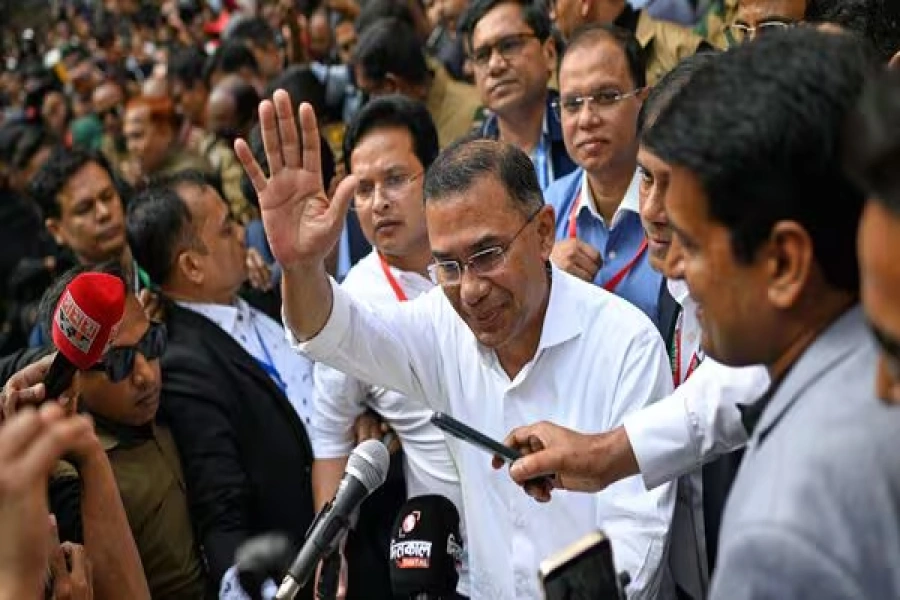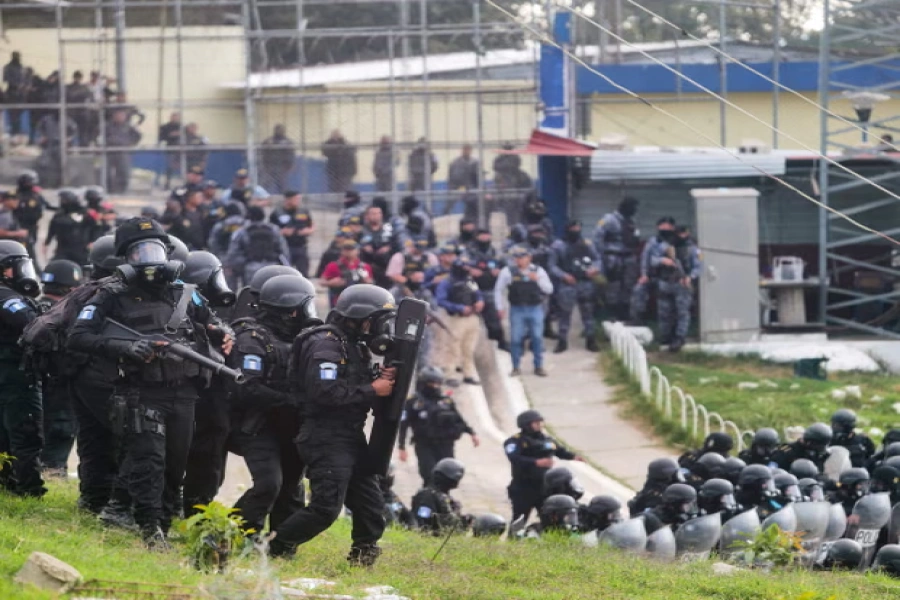We need to wait and see under which modality China will provide us assistance for railway infrastructure: through grants or loans
Diversifying trade with China has remained one of the most important preoccupations of Nepali politics. King Prithvi Narayan Shah wanted to establish cordial ties with Tibet when he saw how valley King Jaya Prakash Malla was benefiting from good relations with Lama rulers. But once Prithvi Narayan Shah captured Kathmandu, minting of silver coins for Tibet became a matter of dispute. His younger son Bahadur Shah fought war with Tibet in 1788 which ultimately led to confrontation with imperial China. In 1856, Junga Bahadur Rana declared war with China over noncompliance of treaty and protocol issue.
Sino-Nepal relations have seen several ups and downs in history. Both Bahadur Shah and Junga Bahadur Rana had taken confrontation course with China and Tibet thinking that British India would provide them physical and moral support. Bhimsen Thapa retaliated with British India—which led to Anglo-Nepal War (1814-1816)—hoping that Chinese would finally come to his aid. Speculations of all three statesmen proved terribly wrong. Neither the British India helped Nepal during Nepal’s war with China and Tibet nor China came to Nepal’s aid during the most disastrous war with British India. Lesson: big powers do not take collision course unless their vital interests clash.
Replicating the past
K P Sharma Oli, in a way, resorted to the same tactic in 2015. When India subjected us to suffering he raised China card and used it as well. His understanding of geopolitics does not seem to be holistic. Indian establishment also reads the situation in Nepal through the same faulty lens of the 70s, when India had annexed Sikkim. This is where India is making mistake in Nepal.
Guide to deal with person going through hard time

Nepal is of strategic importance for both India and China, which is why they must deal with it in a balanced way. But this is not what India often does. India openly advocated against Nepal’s constitution in 2015 and even imposed economic embargo, which not only fuelled anti-India sentiments in Nepal, but also encouraged China to come into play.
To fight back Indian embargo, Oli turned to China. He agreed on Belt and Road Initiative (BRI), establishment of dry ports, petroleum depots and trade and transit agreements for trade diversification through China. China wholeheartedly supported Oli. The government of Pushpa Kamal Dahal signed BRI agreement in May, 2017.
Though Prime Minister Oli today has two third majority support in the house, he failed to sign the protocol for trade and transit with China during his recent China trip. This spells a shift in his foreign policy conduct. Oli might one day say ‘I understood Nepal’s geopolitics.’
Both India and China seem keen on investing in mega projects in Nepal. Nepal has the opportunity to use both the neighbors to achieve economic prosperity and to become a bridge between them. But we must understand the nature of rivalry between China and India and their interest in Nepal.
China is competing only with the US in trade and economy. So it has bigger interest in Nepal than that of India. Through BRI it aims to reach out to entire Asia-Pacific and Indian Ocean and the regions beyond. China has already reached parts of Europe and Africa through rail and road connectivity. As it will rise further in the days, so will the criticisms against China but that is beside point here.
Fear of debt trap
The West and India raise bogey of debt trap while responding to BRI. China is blamed for pushing Sri Lanka into a huge debt trap. Maria Abi-Habib recently wrote in The New York Times that unable to pay back Chinese loan, Sri Lankan government handed over the port and 15,000 acres of land around it for 99 years to China in last December. Others have described Chinese investment in developing countries as its “debt-trap diplomacy” whereby cheap infrastructure loans are offered to smaller economies so that when they fail to pay back they submit to China. What will happen to Nepal?
Our country has suffered a lot at the hands of conservative autocratic rulers who used and misused the scare resources of the country for their personal benefits. Even most democratic leaders could not prove themselves to be any different. This is why the common perception here is that all leaders are corrupt, shortsighted or lack basic traits to influence public diplomacy. Poor governance and rule of law has impeded capital formation and Foreign Direct Investment (FDI).
We are talking about improving our infrastructure in this situation. We are talking about enhancing rapid connectivity in the next five to ten years, for which we will need huge money. Foreign investment will be needed to finance nation’s dream projects. China is the country that has enough funds and seems willing to support our projects. But what if this support and loan in future prove to be a trap of debt?
Small economies like Nepal need to deal with such issues really wisely and cleverly. China has remained Nepal’s steadfast development partner since 1960. In the past, Nepal’s development projects run by China were mostly based on grants. So we never had to think even about loan issue. As we are planning to launch mega projects like railway, we need to wait and see under which modality China will provide us assistance: through grants or loans.
Only then we will find out whether China is spreading the debt trap net for Nepal, whether it is helping Nepal out of pure generosity and how Nepal will benefit in the long rung.
The author is strategy and security scholar






































